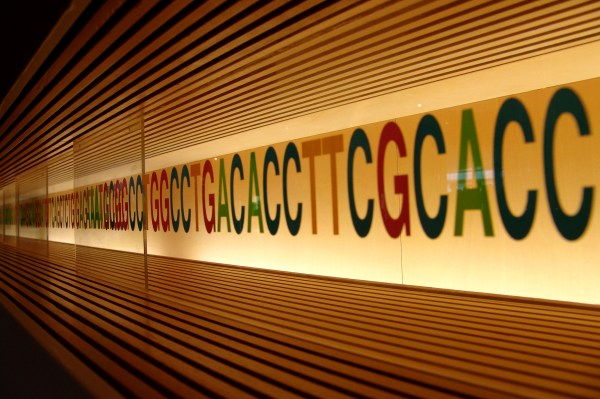Data needs to be stored somewhere. However, data storage costs keep growing, and the data people keep producing and consuming can’t keep up with the available storage. According to Internet Data Center (IDC), global data is projected to increase to 175 zettabytes in 2025, up from 33 zettabytes in 2018.
Catalog, a Boston-based startup, has come up with a novel way of solving the problem. The startup is building a platform using synthetic DNA to store digital data, and has teamed up with storage vendor Seagate Technology for a research collaboration to advance its automated DNA storage and computation platform.
The partnership focuses on automating the DNA-based storage platform using Seagate’s specially designed electronic chips.
While a traditional microprocessor processes binary code, Seagate’s chip has tiny reservoirs that process small amounts of synthetic DNA in liquid form; liquid from one reservoir on the chip can be processed with liquid from another reservoir to produce a chemical reaction.
Catalog says its current prototype DNA computation and storage platform, or DNA writer, called Shannon, has demonstrated the potential of DNA computation and storage as a proof of concept, but it is a large machine that requires a significant amount of chemistry. The size of Shannon is like an average family kitchen, according to Catalog.
To develop a commercially viable DNA storage platform, Catalog is reducing the amount of chemistry and increasing the amount of automation required for DNA storage and computation.
The two companies aim to make the next generation DNA-based storage and computation platforms, which will require less energy, cost less and be up to 1,000 times smaller. Catalog says their first combined test of chemistry and electronics is expected to start in mid-September.
Additionally, the next generation of Seagate’s “lab on a chip” technology can fit on a desktop or be used as IoT devices.
“Collaborating with an industry leader like Seagate will help speed our ability to advance DNA storage,” said founder and chief executive officer Hyunjun Park. “In addition to DNA storage, Catalog has already discovered the means to incorporate DNA into algorithms and applications with potential widespread cases including artificial intelligence, machine learning, data analytics and secure computing. This work with Seagate is essential to eventually lowering costs and reducing the complexity of storage systems.”
TechCrunch last covered Catalog when it secured $35 million in Series B funding from Hanwha Impact and Horizons Ventures, bringing its total raised to $60 million. The potential applications of Catalog’s technology include financial fraud detection, image processing for defect discovery and seismic processing in the energy sector.
“Their leadership in DNA-based storage and compute, combined with Seagate’s long history of bringing innovative storage solutions to market, has the potential to accelerate the development and deployment of DNA-based solutions to address the challenges of the rapidly expanding datasphere,” said Ed Gage, vice president of Seagate Research.
